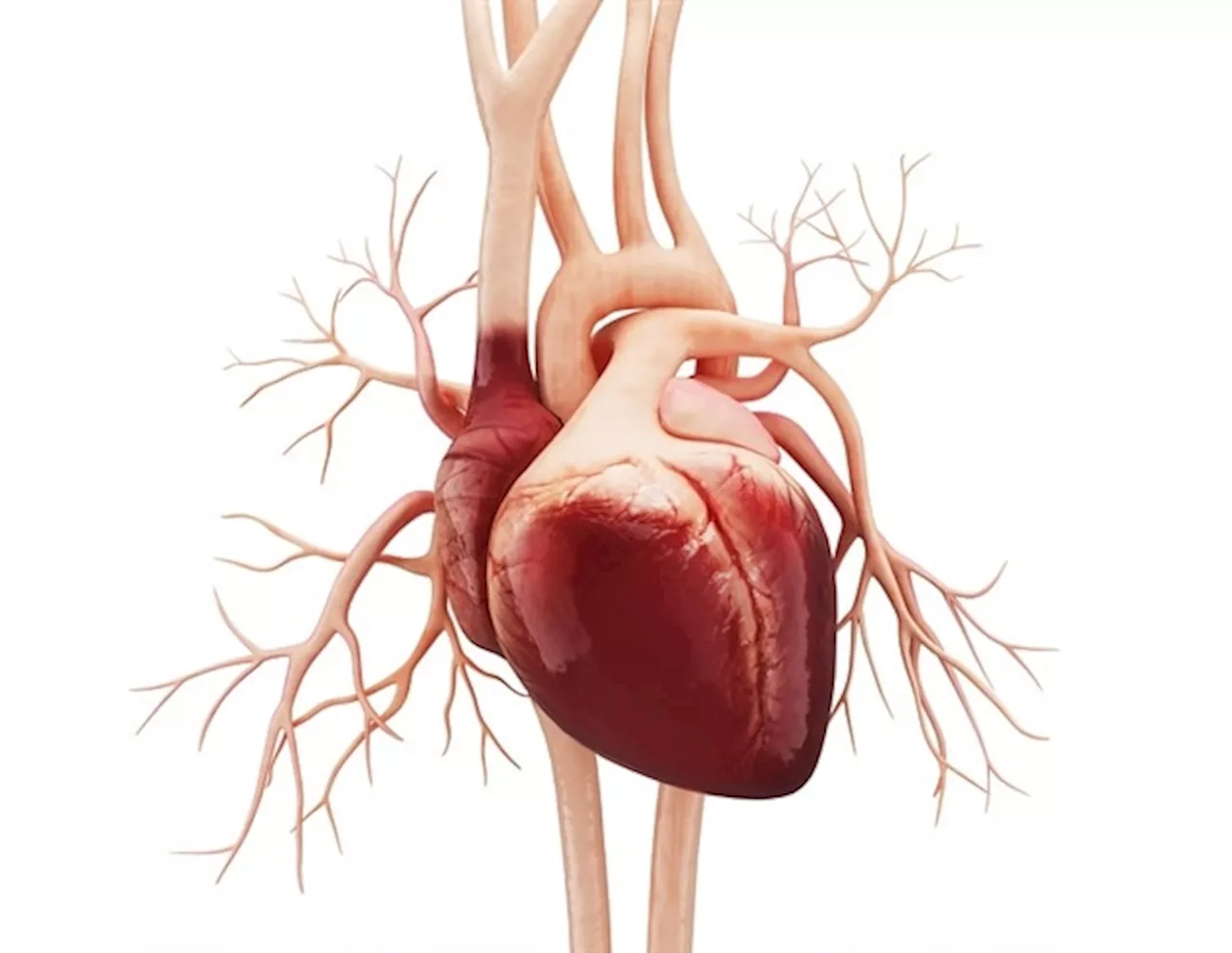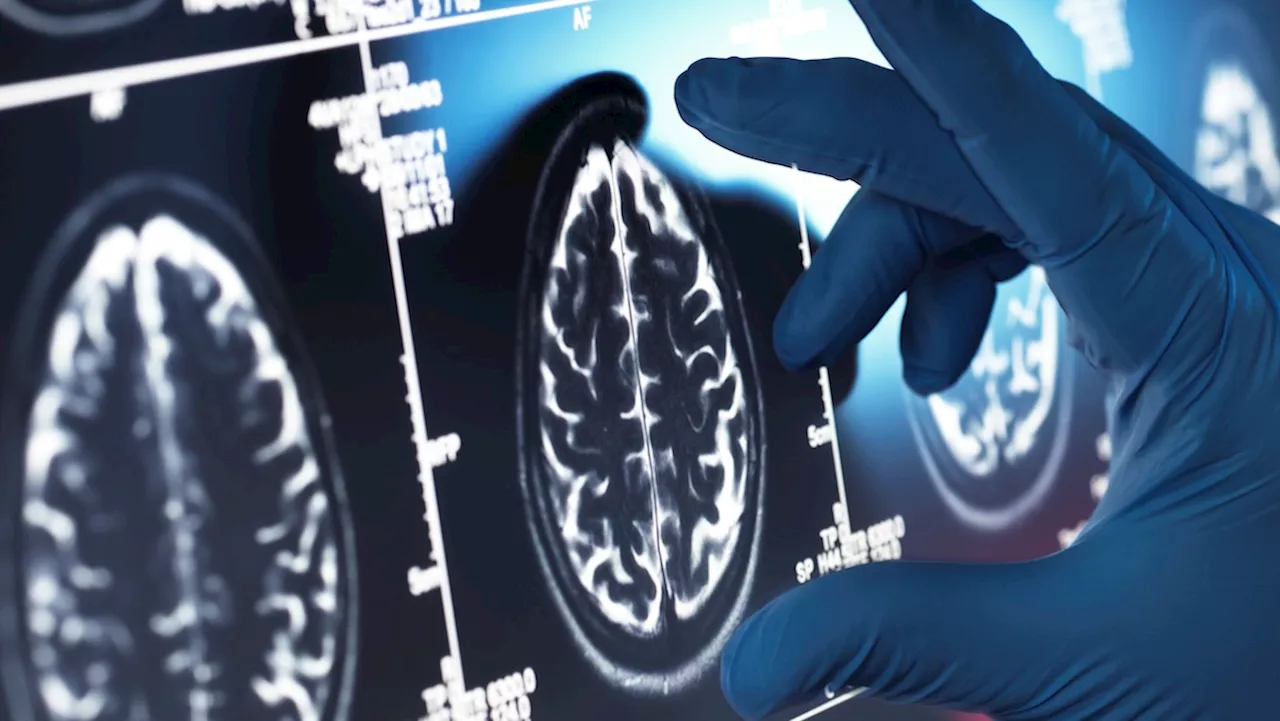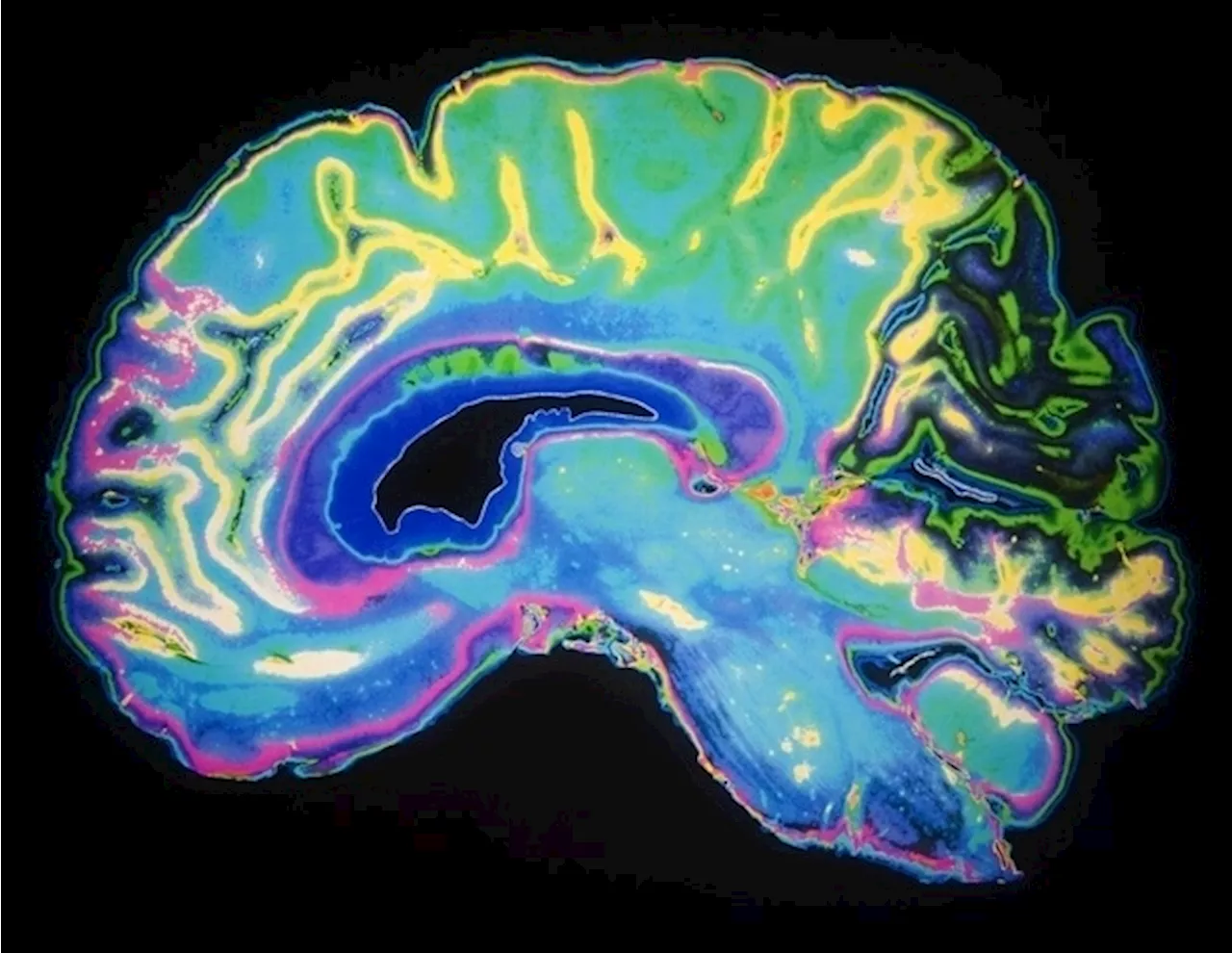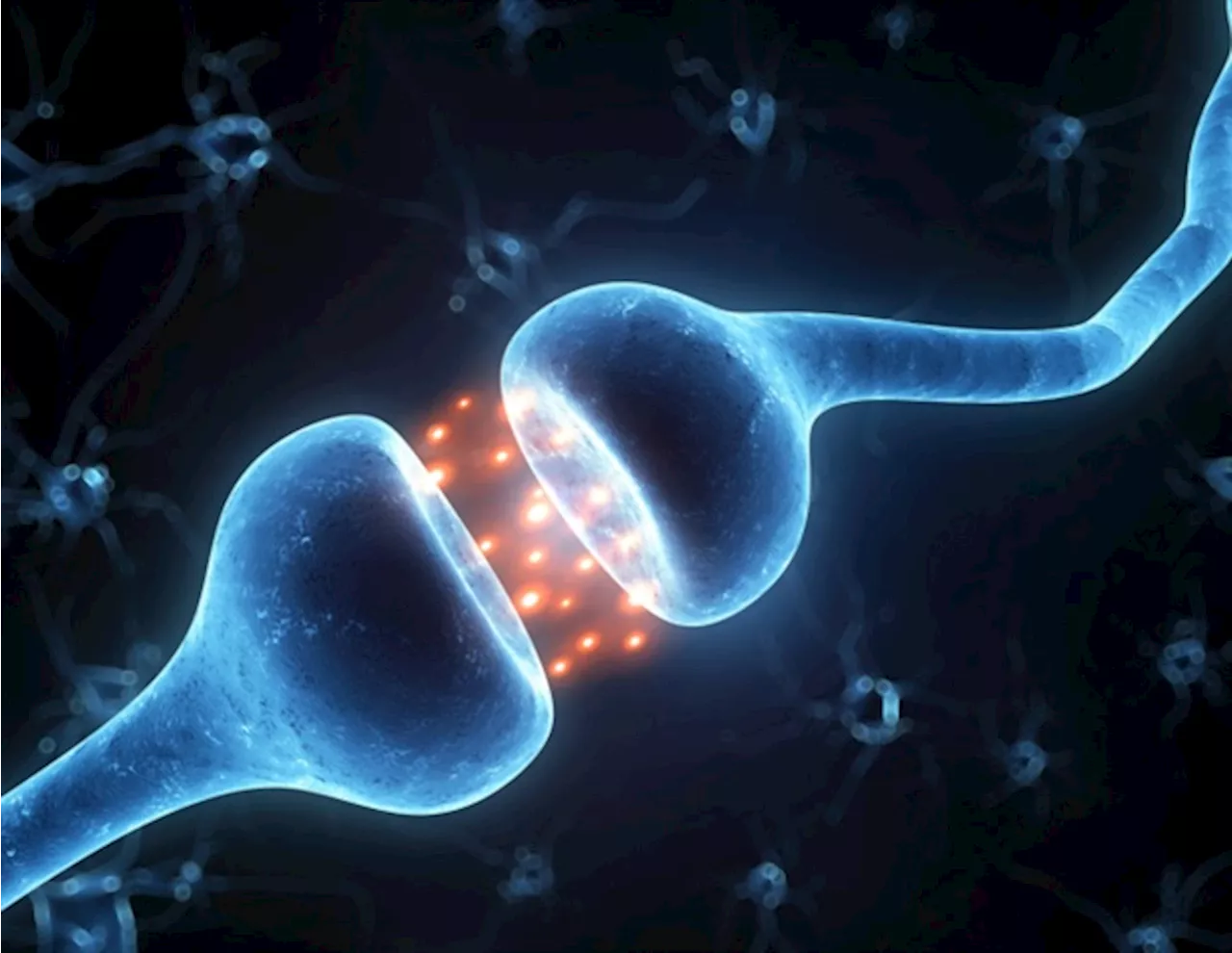A recent study published in Menopause, the journal of The Menopause Society, analyzed data from over 75,000 women and found no significant association between hormone therapy (HT) use and the risk of developing gliomas, a common type of brain tumor. This research provides valuable insight into the ongoing debate surrounding the risks and benefits of HT, particularly in relation to brain health.
The prevalence of debilitating conditions among women, such as osteoporosis, migraines, Alzheimer's disease, depression, multiple sclerosis, and brain tumors , has long been a subject of concern. While sex hormones are often cited as a contributing factor, a recent study published in Menopause , the journal of The Menopause Society, suggests otherwise.
This research, which analyzed data from over 75,000 women with a median follow-up period of nearly 12 years, found no significant association between hormone therapy (HT) use and the risk of developing gliomas, a common type of brain malignancy.The debate surrounding the risks and benefits of HT has raged for over two decades. Key concerns center around potential effects on brain and breast health, as well as cancer risks, which must be weighed against the proven benefits of hormones in alleviating common menopause symptoms like hot flashes, mood swings, and vaginal dryness. Glioma, a type of brain cancer with limited effective treatments and a significant sex disparity (roughly 6:1), has been speculated to be influenced by both exogenous and endogenous sex hormones. Previous smaller studies on the link between HT and glioma risk have yielded inconsistent results. However, this large-scale study, drawing on data from the Prostate, Lung, Colorectal and Ovarian Cancer Screening Trial, sheds new light on the matter.The study's findings indicate that while there is a known sex difference in the incidence of gliomas, with women being six times more likely to develop the disease compared to men, there is no apparent association between glioma and hormone therapy use in postmenopausal women. While these findings are promising, Dr. Stephanie Faubion, Medical Director of The Menopause Society, emphasizes the need for larger prospective studies with longer follow-up periods to definitively confirm these results
Hormone Therapy Brain Tumors Glioma Menopause Women's Health
United Kingdom Latest News, United Kingdom Headlines
Similar News:You can also read news stories similar to this one that we have collected from other news sources.
 Menopause Support Campaigner Highlights NHS Failures in Surgical Menopause CareDiane Danzebrink, a menopause support campaigner, calls for an urgent review of surgical menopause care after receiving numerous accounts from women who felt they were not adequately prepared for the procedure's side effects. She highlights concerns about NHS failures in providing comprehensive support and guidance to women undergoing surgical menopause.
Menopause Support Campaigner Highlights NHS Failures in Surgical Menopause CareDiane Danzebrink, a menopause support campaigner, calls for an urgent review of surgical menopause care after receiving numerous accounts from women who felt they were not adequately prepared for the procedure's side effects. She highlights concerns about NHS failures in providing comprehensive support and guidance to women undergoing surgical menopause.
Read more »
 New Study Finds Lean Beef Can Be Part of a Heart-Healthy DietA recent meta-analysis of randomized controlled trials shows that consuming two servings of unprocessed beef per day has no significant impact on cardiovascular disease risk factors.
New Study Finds Lean Beef Can Be Part of a Heart-Healthy DietA recent meta-analysis of randomized controlled trials shows that consuming two servings of unprocessed beef per day has no significant impact on cardiovascular disease risk factors.
Read more »
 Smoking Cuts Life Expectancy by 20 Minutes per Cigarette, New Study FindsA new study reveals that smoking significantly shortens life expectancy, with each cigarette potentially cutting 20 minutes off a person's life.
Smoking Cuts Life Expectancy by 20 Minutes per Cigarette, New Study FindsA new study reveals that smoking significantly shortens life expectancy, with each cigarette potentially cutting 20 minutes off a person's life.
Read more »
 Dementia Risk Doubles by 2060, New Study FindsA new study projects a significant increase in dementia cases by 2060, with the risk for both men and women expected to reach 42% in their lifetimes. This study, which tracked over 15,000 participants for two decades, suggests a more substantial risk than previous estimates and highlights the impact of an aging population.
Dementia Risk Doubles by 2060, New Study FindsA new study projects a significant increase in dementia cases by 2060, with the risk for both men and women expected to reach 42% in their lifetimes. This study, which tracked over 15,000 participants for two decades, suggests a more substantial risk than previous estimates and highlights the impact of an aging population.
Read more »
 Indirect Brain Damage to Thalamus Contributes to Stroke Disability, Study FindsA recent study from Simon Fraser University researchers reveals how damage to the thalamus, a brain region that regulates crucial functions, contributes to long-term disability after a stroke. Even though the thalamus itself wasn't directly damaged, researchers found it was affected months or years after a stroke, potentially leading to new therapies.
Indirect Brain Damage to Thalamus Contributes to Stroke Disability, Study FindsA recent study from Simon Fraser University researchers reveals how damage to the thalamus, a brain region that regulates crucial functions, contributes to long-term disability after a stroke. Even though the thalamus itself wasn't directly damaged, researchers found it was affected months or years after a stroke, potentially leading to new therapies.
Read more »
 Study Finds No Link Between Cardiovascular Conditions and Brain Damage in Individuals 90 and OlderA new study by the University of California, Irvine, challenges the long-held belief that cardiovascular conditions like high blood pressure and diabetes increase the risk of brain damage in older adults. The research suggests a more complex relationship between blood pressure, vascular health, and brain aging.
Study Finds No Link Between Cardiovascular Conditions and Brain Damage in Individuals 90 and OlderA new study by the University of California, Irvine, challenges the long-held belief that cardiovascular conditions like high blood pressure and diabetes increase the risk of brain damage in older adults. The research suggests a more complex relationship between blood pressure, vascular health, and brain aging.
Read more »
